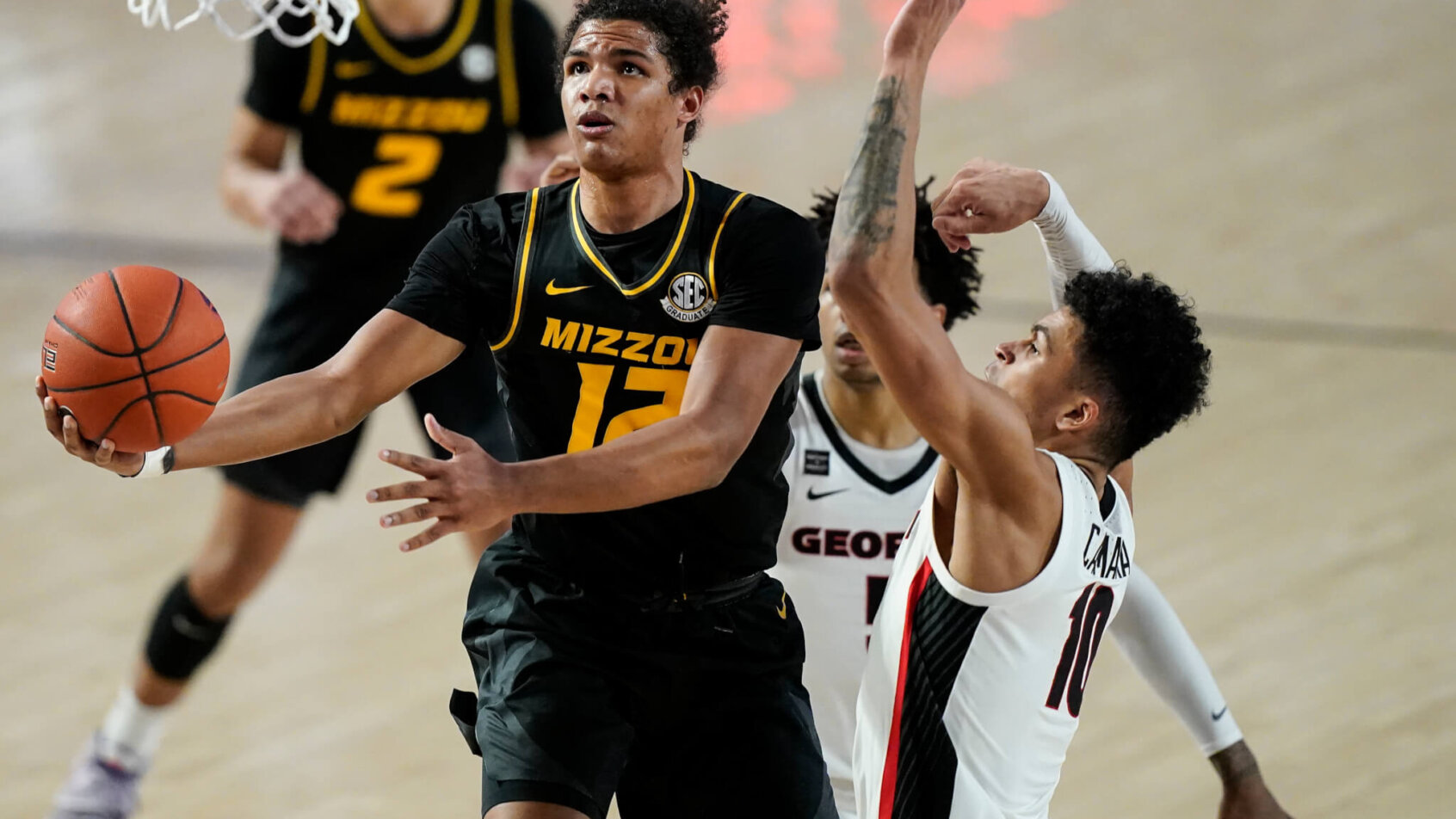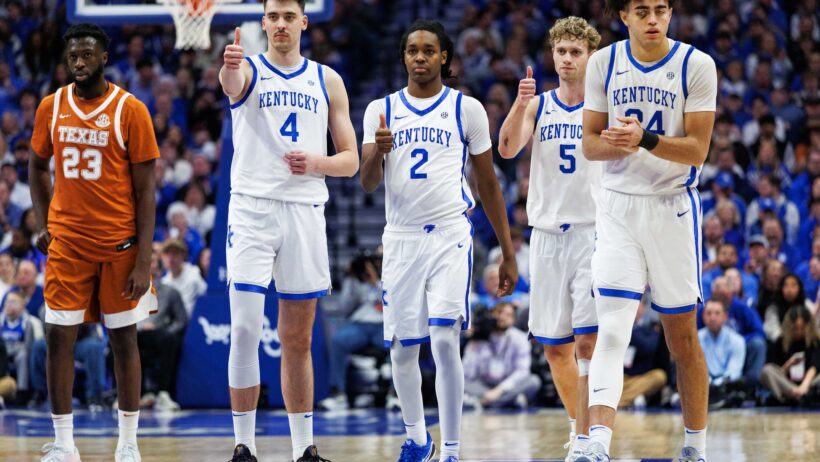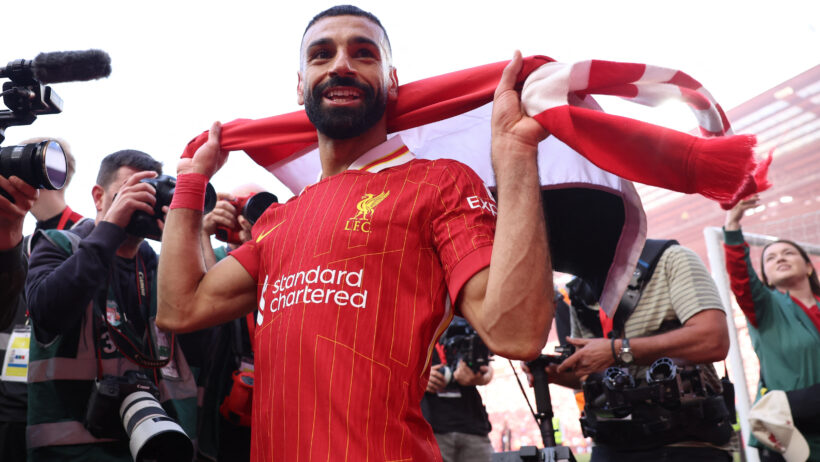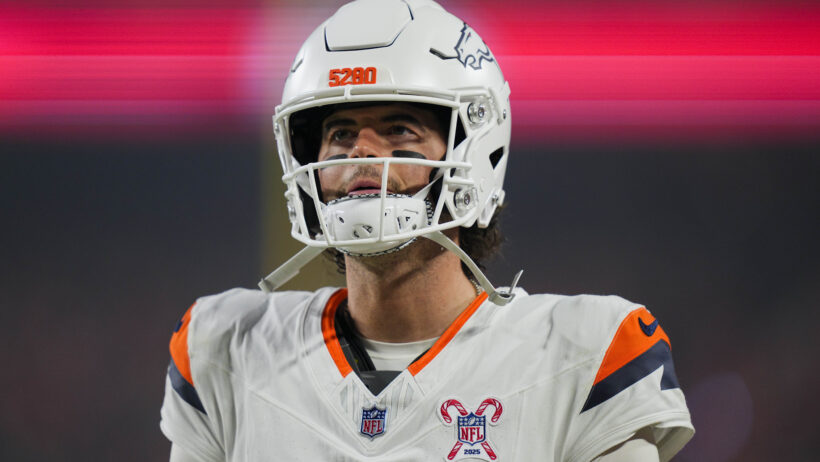Legal Missouri Sports Betting Takes Another Key Step Forward
By Robert Linnehan in Sports Betting News
Updated: December 18, 2024 at 10:13 am ESTPublished:

- Missouri Senate Appropriations members approved two sports betting bills this morning
- The bills will be sent to the Senate, but will be modified before a vote
- Sen. Dan Hegeman said a higher sports betting tax rate will be included in final bill
After holding a public hearing two weeks ago, the Missouri Senate Appropriations committee approved a sport betting bill this morning by a vote of 8-1, but legislators insisted the document be modified before being brought to the Senate floor.
Missouri sports betting took another key step towards legalization, advancing HB 2502 to the full Senate floor. The bill, sponsored by Rep. Dan Houx, allows for 39 separate sportsbooks skins distributed amongst the state’s 13 casinos and six professional sports organizations. A Senate substitute bill will be prepared for the Senate floor before a vote is taken, Sen. Dan Hegeman (R-12) said during the committee meeting, as several changes to the proposed legislation need to be made.
“This is still a work in progress,” he said.
Higher Sports Betting Tax Rate Needed
Hegeman said his sights are set on raising Missouri’s proposed sports betting tax rate, which is currently listed at 8%. An 8% tax rate would be one of the lowest in the country. He also added that more problem gaming language would be included in the bill to offer more protections for sports bettors using Missouri betting apps.
The bill was approved by the Missouri House of Representatives in late March by a vote of 115-33.
The sports betting bill framework will likely remain, which allows each casino to offer a maximum of three online sports betting skins. It does cap the number of skins per casino company at six if they own two or more facilities. The remaining skins will be allocated to Missouri professional sports franchises.
The breakdown for skins will be as such:
- Affinity Gaming: Six skins
- Boyd Gaming: Six skins
- Caesars Entertainment: Six skins
- Century Casinos: Six skins
- Penn National Gaming: Six skins
- Bally’s Corp.: Three skins
- Missouri professional sports franchises (6): One skin each
An online sports betting license will require an initial application fee of $150,000, and then a renewal fee of $125,000 one year after. A retail sports betting license will require an initial application fee of $100,000.
Do Kansas City Chiefs have a home in Missouri?
At the recent NFL meetings, Kansas City Chiefs team President Mark Donovan commented that the franchise is exploring all options for the team’s future, including building a new stadium next to Arrowhead or moving the franchise out of state.
At the bill’s public hearing, the Missouri Senate asked a Chiefs’ team representative why the legislative body should invest time to ensure the team receive a sports betting license and an online sports betting skin if they’re looking to relocate. Anne Scharf, Vice President, Hunt Family Foundation and Civic Affairs at Kansas City Chiefs, noted that nothing shared at the NFL meetings had not been shared “repeatedly with local news outlets over the last year.”
Scharf said the franchise is spending a considerable amount of money on “an extensive survey” to potentially renovate Arrowhead. If the Chiefs were to receive a sports betting license it would be contingent on remaining in Missouri, she noted.
The Chiefs, she said, have a lease agreement for Arrowhead Stadium that runs through 2033.
While this is true, it’s worth noting that Kansas will likely soon legalize online and retail sports betting as well, so the Chiefs could likely offers sports betting in that state as well. Kansas also has a provision in its sports betting bill earmarking 80% of sports betting tax revenue to attracting professional sports franchises to relocate to the state. While these funds could potentially go towards the construction of a new stadium, it would likely only amount to a few million dollars when billions would be necessary for a new facility.

Regulatory Writer and Editor
Robert Linnehan covers all regulatory developments in online gambling and sports betting. He specializes in U.S. sports betting news along with casino regulation news as one of the most trusted sources in the country.



